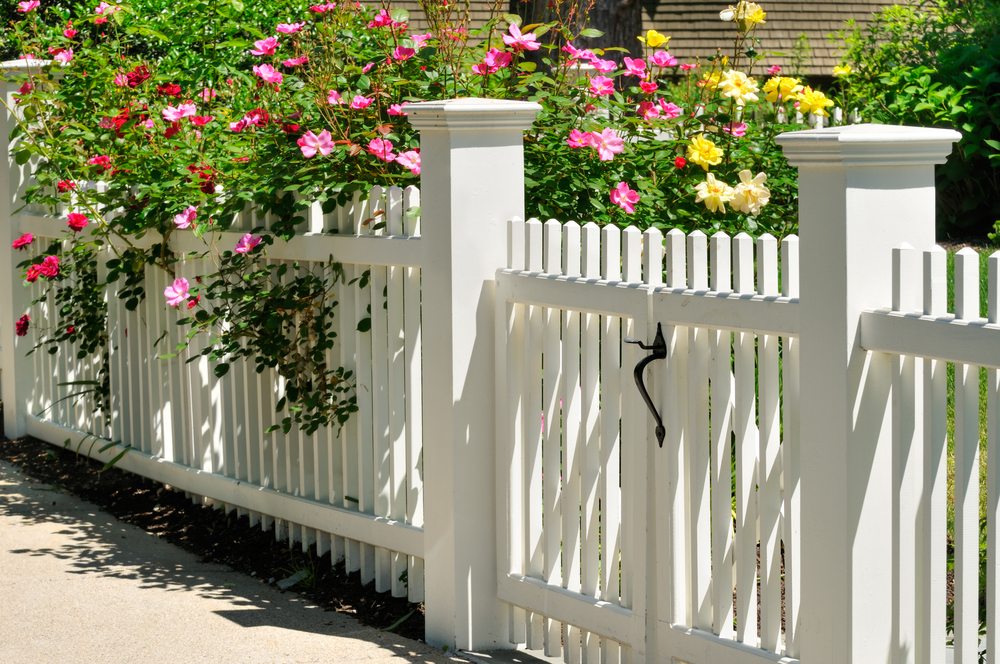Are you thinking of installing a fence yourself? If so, there are a few things you need to know before getting started. Read on for more information! This blog post will give you some tips on installing a fence without any significant problems.
1. Choose the right fence for your needs. There are many different types of fences available on the market, so it’s essential to choose the one that best suits your needs. Opt for a solid fence such as a chain-link or wood fence if you’re looking for privacy. If you’re looking for decoration or security, choose a barbed wire or spikes fence.
2. Get the correct measurements. This is crucial in horse fencing installation! You need to ensure that your fence posts are the right size and that your fence panels are cut to fit correctly. Otherwise, your fence will look lopsided and won’t be as sturdy as it could be.
3. Follow the instructions carefully. When you’re installing a fence, it’s essential to follow the instructions to the letter. Otherwise, you could damage your fence or, worse, injure yourself.
4. Call in professional help if you’re unsure. If you’re not confident in your fence installation skills, it’s always best to call in professional Fence Companies Anchorage AK. They’ll be able to install your fence quickly and safely, ensuring that it looks great and lasts for years to come.
There are so many different fences you can choose from when you’re looking for fence installation companies, so it’s essential to do your research and find the one right for you. Here are the most popular type of fences, their benefits, and some things to keep in mind when making your decision:
Wood fence: A wood fence is a classic choice that can provide your home with privacy and security. It’s essential to choose a durable type of wood, such as cedar or redwood, to ensure that your fence will last for years. You’ll also need to regularly treat and stain your fence to protect it from the elements. With these tips, you’ll be able to install your fence like a pro!
Vinyl fence: A vinyl fence is an excellent option if you’re looking for something low-maintenance. It won’t rot, warp, or splinter like wood, and it doesn’t require any painting or staining. However, it can be susceptible to damage from high winds or debris.
Aluminum fence: An aluminum fence is an excellent choice if you’re looking for something durable and stylish. It won’t rust or corrode, and it’s available in various colors. However, aluminum fences can be more expensive than other options.
Chain-link fence: A chain-link fence is a good option if you’re looking for an inexpensive way to fence your property. It’s also one of the most durable fences, but it can be an eyesore.
When you’re ready to install your fence, be sure to follow these tips:
- Mark the boundaries of your property with stakes and string before you start digging holes for the posts. This will help ensure that your fence is straight and level.
- If you’re using fence posts over 8 feet, be sure to set them in concrete. This will help keep them from rotting over time.
- When installing a fence on sloped ground, be sure to step the fence posts down to level the fence. Otherwise, the fence will look uneven.
- If you’re using preassembled fence panels, measure twice before cutting the posts to size. You don’t want to end up with too short or too long panels.
With these tips in mind, you should be able to install your fence without any problems. We hope these fence installation tips for the DIY-er have been helpful. Good luck!
